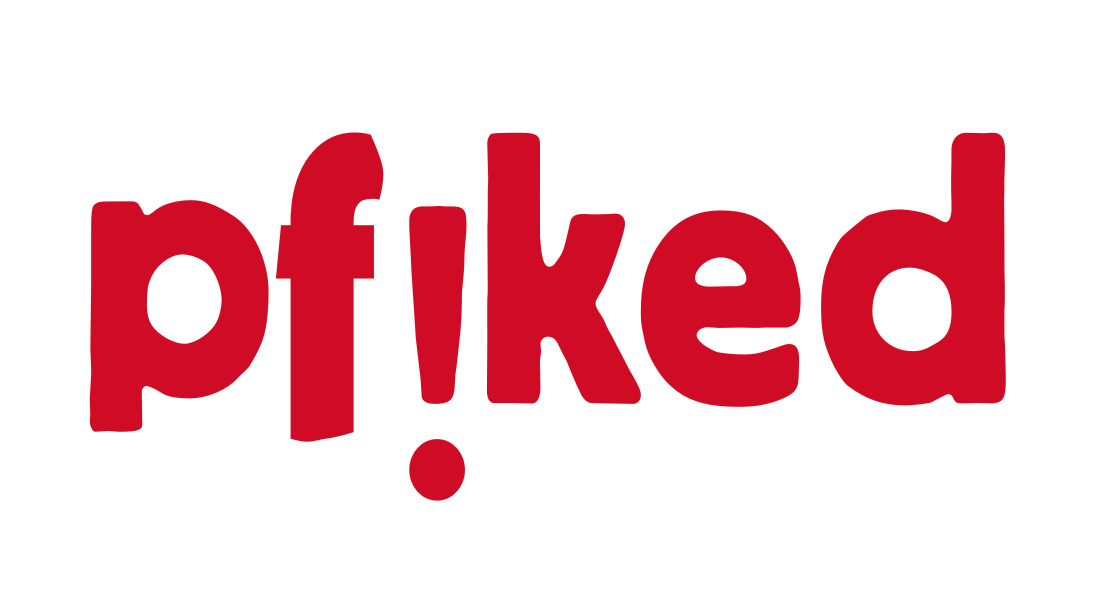
Someone queried the other day whether any evidence linked Stanley Feldman, co-author of Panic Nation, with Spiked Online. A quick Web search reveals a number of his articles and references in the infamous GMO-promoting, pro-Nuclear, pro-Drug and pseudo-libertarian Web site. But then something caught my attention, right on the front page. Spiked Online are running a What Inspired You? event, purportedly to raise awareness of scientific innovators, but conspicuously sponsored by Pfizer, manufacturer of Viagra, Zoloft and numerous other recreational and mind-altering drugs. Some of us may recall that back in the early 1980s Frank Furedi’s gang posed on the extreme left in the Revolutionary Communist Party, frequently intervening at public meetings of the somewhat larger neo-Trotskyite group the Socialist Workers’ Party (SWP), but focusing its recruitment drive on ambitious students. They’ve certainly taken some controversial stances, often geared to attract dissidents from the thinking left. Around 1987-88 they regrouped around their glossy Living Marxism magazine and simply became the Living Marxism group, later rebranded as LM Mag. However, gradually they abandoned all pretence of Marxism, whatever that meant anyway, and began to hone a line of unbridled human potential whose greatest threat was posed by a culture of fear. They jumped on the bandwaggon of activists and journalists seeking to expose media bias over the 1990s’ Balkan civil war and more provocatively challenged the orthodox media’s Hutu-bashing analysis of the tragic internecine Rwandan slaughter in 1994. Unlike most peace activists, they concentrated their energies not on opposing war per se, but on attacking certain biases prevalent among the wishful thinking left, e.g. UN and NATO intervention in the former Yugoslavia was largely welcomed by left-leaning Guardian columnists and much reasoned opposition to the 1999 aerial bombings of Kosovo and Serbia proper swallowed much of the mainstream propaganda over the inherent evil of Serb nationalists.
Only four years later in early 2003, following military intervention in Afghanistan, millions came out on the streets to voice their opposition to the pending invasion, despite the fact that Saddam Hussein was an infinitely greater thug than Slobodan Milosevic. Large sections of the thinking public had at last begun to question the emotional rhetoric over humanitarian intervention. More important, the intervention in Kosovo, sold successfully on humanitarian grounds, far from ushering in a new era of interethnic harmony and an end to ethnic cleansing, had put in power a bunch of xenophobic militants who relied on NATO troops to keep the peace and caused the exodus of tens of thousands more of Kosovans of all ethnic groups a fact the subservient British media failed to hide from the public. While NATO Had spent billions on intervention in the former Yugoslavia, it had turned a blind eye to a civil war in the newly renamed Democratic Republic of the Congo inflicting 3-4 million deaths, in the aftermath of Rwandan democide (okay pedantics here, but to call it a genocide assumes one ethnic group sought the elimination of another, while in reality the distinction between Hutus and Tutsis was more of class or caste than ethnicity). Just as the public began to question the benefits of military intervention to tackle conflicts with economic and, dare I say, environmental causes, Frank Furedi’s gang seemed more preoccupied with attacking Green Fascists, health fanatics and anyone else who challenges corporate technocracy, but in a deceptively counter-current way. Thus their campaign against smoking bans appeals not only to libertarians and critical thinkers, fed up with the media’s obsession with one cause among many of cancer, but also reinforces their key message that technology can always undo the damage caused by other technologies. Worried about lung cancer, well why not wait a while for technocrats to give you a new lung? Worried about the carcinogenic effects of E-numbered food additives, why not wait for the latest and greatest anti-cancer wonder drug? The future is bright, the future is …. shiny happy people consuming pharmaceutical products supported by peer-reviewed research. More disturbingly, based on personal experience in online discussions, ex-RCPers tend to belittle those who cast doubt on technocratic claims (e.g. SSRIs have greater benefits than side effects and safe for long-term use) with accusations like “loser” or words to that effect. In essence, they consider green fascists to have their own agenda, namely to deny the masses of huge technological advances.
Stanley Feldman works at University College London, whose students, a captive audience for big pharma propagandists and mainly from wealthy backgrounds, flock to Planet Organic and tend to avoid most of the junk Mr Feldman claims is relatively harmless. It would seem that the RCP brigade live in a bubble filled with paranoid health freaks, rather than in the much larger British reality where millions of happy shoppers happily fill their supermarket trolleys with TV-advertised junk and visit their GP only to receive a prescription for some of Pfizer’s or GSK’s most lucrative products. Maybe people are panicking for the right reasons, but thanks to so much corporate disinformation often identify the wrong targets.